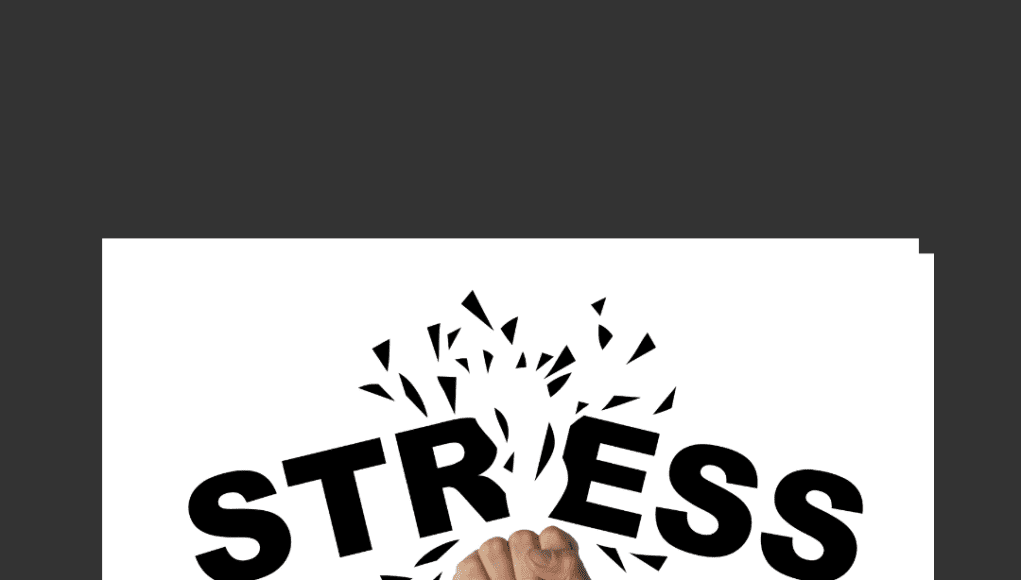In today’s demanding work environment, stress and anxiety are common challenges faced by professionals across industries. Balancing heavy workloads, meeting deadlines, managing expectations, and navigating personal pressures can take a toll on both mental and physical well-being. Left unchecked, stress and anxiety can hinder productivity, creativity, and overall job satisfaction. However, with the guidance of a scout, you can develop strategies to manage stress, reduce anxiety, and build resilience, allowing you to thrive in even the most high-pressure environments.
Here’s how working with a scout can help you manage stress and anxiety, guiding you toward a healthier, more balanced approach to your career and life:
1. Identifying the Root Causes of Stress
The first step in managing stress is understanding where it’s coming from. A scout helps you identify the underlying sources of stress in your professional and personal life, whether it’s overwhelming workloads, unclear expectations, or personal challenges. By pinpointing the root causes, you can begin to address and manage stress more effectively.
Example: If your stress stems from unclear deadlines or conflicting priorities, your scout might guide you in having a conversation with your manager to clarify expectations, ensuring that your workload becomes more manageable.
2. Developing Healthy Coping Mechanisms
Stress and anxiety are inevitable, but how you respond to them can make a significant difference. A scout helps you develop healthy coping mechanisms, such as mindfulness techniques, breathing exercises, or time management strategies. These practices allow you to manage stress in real-time, ensuring that it doesn’t negatively impact your performance or well-being.
Example: If you often feel anxious before presentations, your scout might introduce breathing techniques or visualization exercises that help calm your nerves and reduce performance anxiety.
3. Setting Boundaries to Prevent Burnout
Burnout often occurs when professional boundaries are not clearly defined, leading to an unsustainable work-life balance. A scout helps you set healthy boundaries, guiding you in managing your time, saying no to excessive demands, and ensuring that you have enough downtime to recharge. These boundaries are essential for maintaining mental health and preventing burnout.
Example: If you’re struggling with taking on too many tasks, your scout might help you establish clear limits on your workday, such as not answering emails after a certain time or delegating tasks when your workload becomes unmanageable.
4. Creating a Balanced Work-Life Integration
Finding a balance between your personal and professional life is crucial for reducing stress and improving overall well-being. A scout helps you create a balanced work-life integration plan, guiding you in setting aside time for relaxation, hobbies, and self-care. By ensuring that your personal life is given equal attention, you can reduce stress and improve your overall quality of life.
Example: If you’ve been struggling to make time for exercise or family due to a demanding work schedule, your scout might help you create a daily routine that includes time for both personal well-being and professional responsibilities.
5. Improving Time Management to Reduce Pressure
Poor time management often leads to stress, missed deadlines, and feelings of overwhelm. A scout helps you develop better time management skills, guiding you in prioritizing tasks, breaking projects into manageable steps, and scheduling your time more effectively. By becoming more organized and focused, you’ll reduce the pressure of looming deadlines and last-minute tasks.
Example: If you feel constantly rushed, your scout might introduce time-blocking techniques to help you allocate specific periods for focused work, meetings, and breaks, ensuring that you have enough time to complete each task without feeling overwhelmed.
6. Building Resilience and Emotional Strength
Resilience is the ability to bounce back from setbacks and cope with adversity. A scout helps you build resilience by guiding you in developing emotional strength and a growth mindset. With resilience, you’ll be better equipped to handle stressful situations and view challenges as opportunities for learning and growth rather than sources of anxiety.
Example: If you’ve recently faced a major setback, such as not getting a promotion or a project not going as planned, your scout might help you reframe the experience as a learning opportunity, guiding you in identifying what went wrong and how you can improve for the future.
7. Learning Relaxation and Mindfulness Techniques
Incorporating relaxation and mindfulness practices into your daily routine can help alleviate stress and anxiety. A scout can introduce you to mindfulness techniques such as meditation, progressive muscle relaxation, or breathing exercises that help reduce stress, improve focus, and enhance emotional well-being. Regular practice of these techniques can make a significant difference in how you handle daily pressures.
Example: If you feel anxious during your workday, your scout might suggest starting a 5-minute mindfulness routine during breaks, helping you reset and refocus without feeling overwhelmed.
8. Improving Communication to Reduce Stress
Poor communication often leads to misunderstandings, added pressure, and unnecessary stress. A scout helps you improve your communication skills, ensuring that you can express your needs, set boundaries, and collaborate effectively with colleagues. By improving communication, you reduce the likelihood of conflicts and misaligned expectations that can contribute to stress.
Example: If you’re feeling overwhelmed by your workload, your scout might guide you in having a clear, assertive conversation with your manager about prioritizing tasks or adjusting deadlines to prevent burnout.
9. Managing Perfectionism and Letting Go of Control
Many professionals experience stress due to perfectionism or the need to maintain control over every detail of their work. A scout helps you let go of unrealistic expectations and manage perfectionism, guiding you to focus on progress rather than perfection. By accepting that mistakes are part of the learning process, you can reduce self-imposed pressure and work more freely.
Example: If you often feel anxious about delivering perfect results, your scout might help you set realistic expectations for yourself and offer strategies for letting go of minor imperfections, allowing you to work more efficiently without the fear of failure.
10. Creating a Supportive Work Environment
A toxic or unsupportive work environment can exacerbate stress and anxiety. A scout helps you navigate workplace dynamics, guiding you in building stronger relationships with colleagues and advocating for a healthier, more supportive work culture. By fostering positive connections and creating a more collaborative environment, you’ll reduce stress and improve overall job satisfaction.
Example: If you’re dealing with a difficult manager or colleague, your scout might guide you in addressing the situation diplomatically or seeking support from HR or other allies in your workplace.
Conclusion
Managing stress and anxiety is essential for maintaining a healthy, productive, and fulfilling career. With the guidance of a scout, you can develop effective strategies to identify the root causes of stress, create healthier work-life boundaries, and adopt techniques for managing anxiety in both personal and professional settings. From learning mindfulness practices and improving time management to building resilience and improving communication, a scout helps you find balance and thrive even in high-pressure environments.
By working with a scout, you’ll not only reduce your current stress levels but also build long-term resilience that empowers you to handle future challenges with confidence and ease. A healthier, more balanced approach to stress and anxiety management ensures that you stay productive, focused, and fulfilled in your career.




























